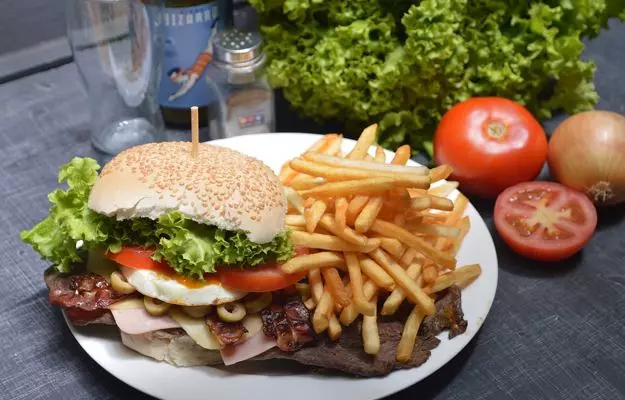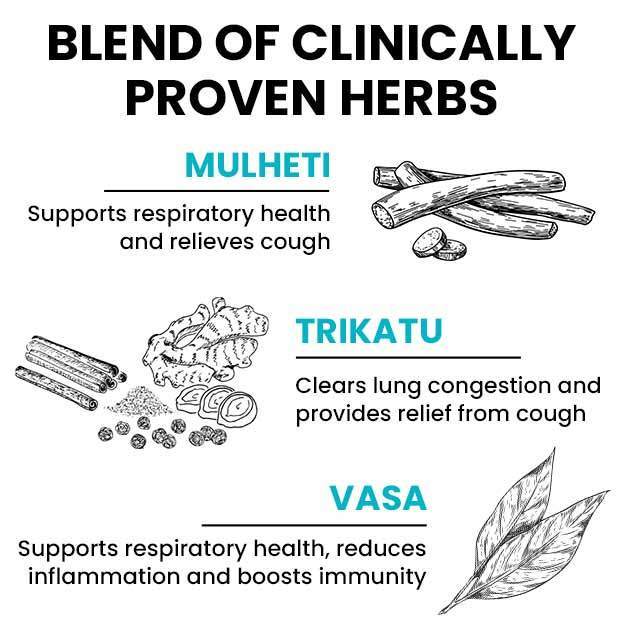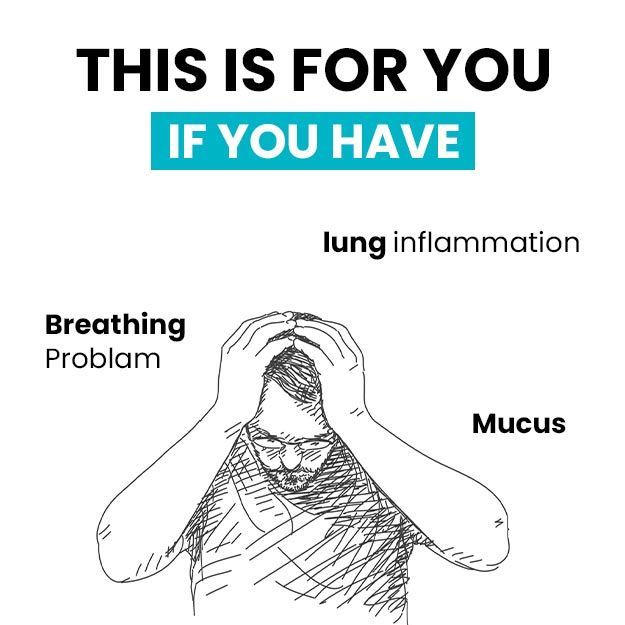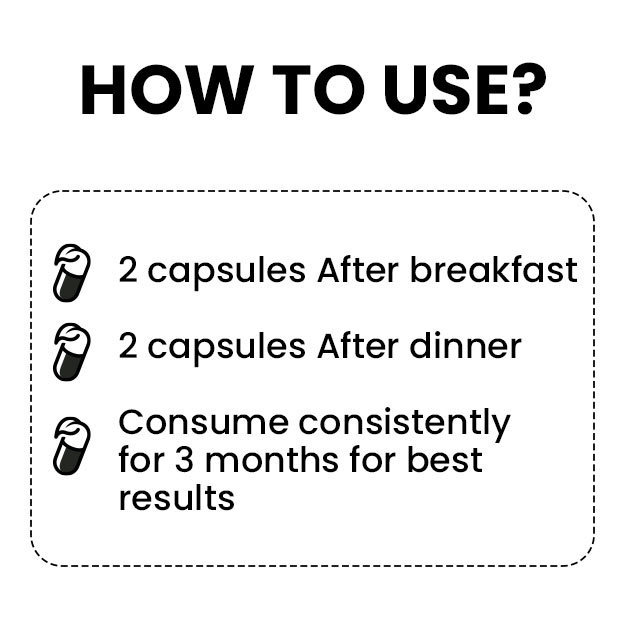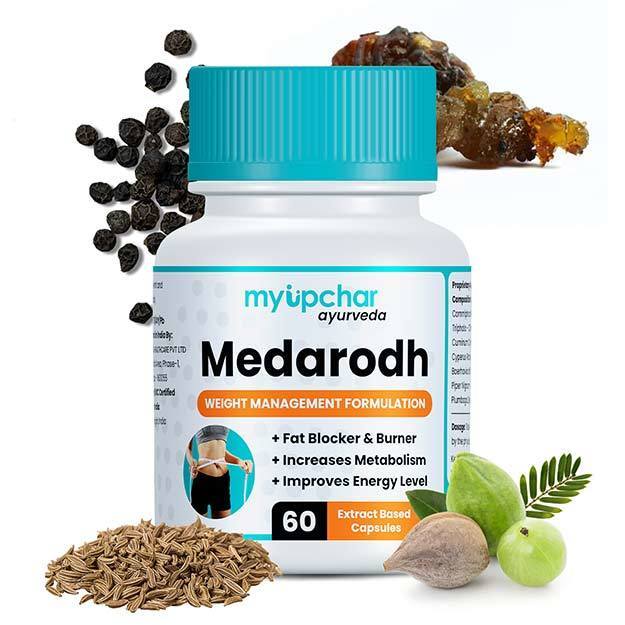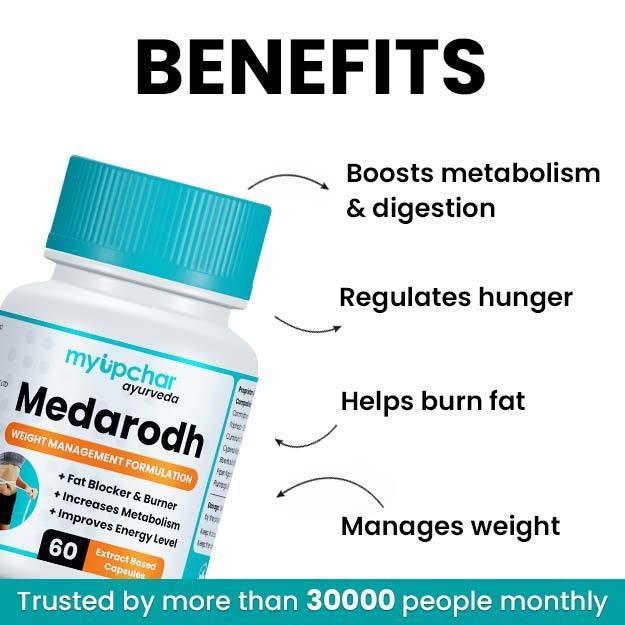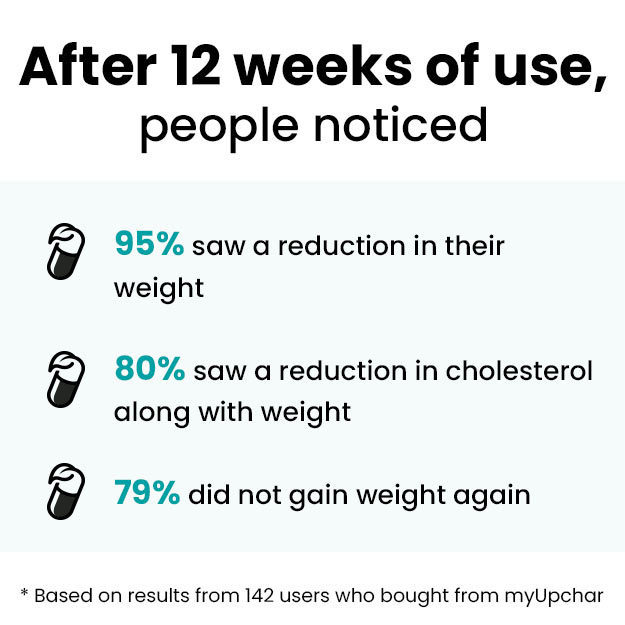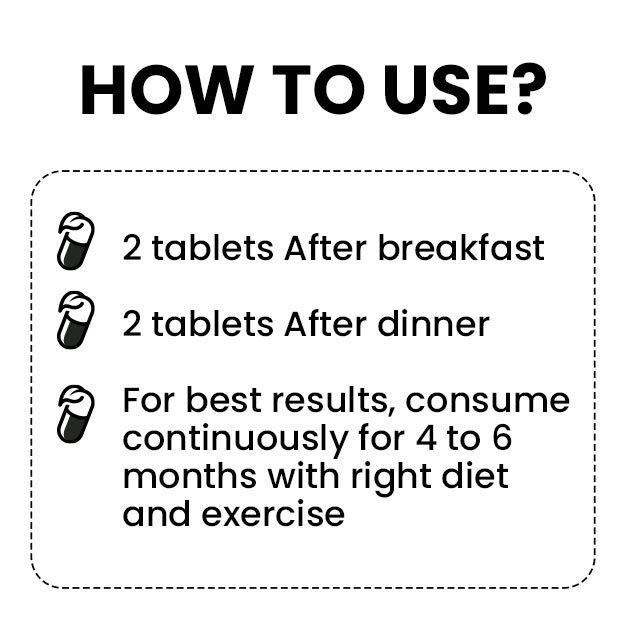How do you celebrate your birthday or friend's wedding? Whether you party all night or enjoy a pleasant evening with your family or friends. Any celebration is never complete without food. Any of our celebrations is incomplete without delicious food. But there is a lot of food and drinks in a wedding or party and in excitement we consume more food than we need. In simple words, you consume more calories than you spend. When you lose control over eating and eat in large quantities, it is called overeating. When you consume too much alcohol in a short time, uncontrolled eating can be a symptom of compulsive overeating disorder. So let's know what can be the harm of eating too much.
(Read more - Why Do I Feel Tired After Eating)

